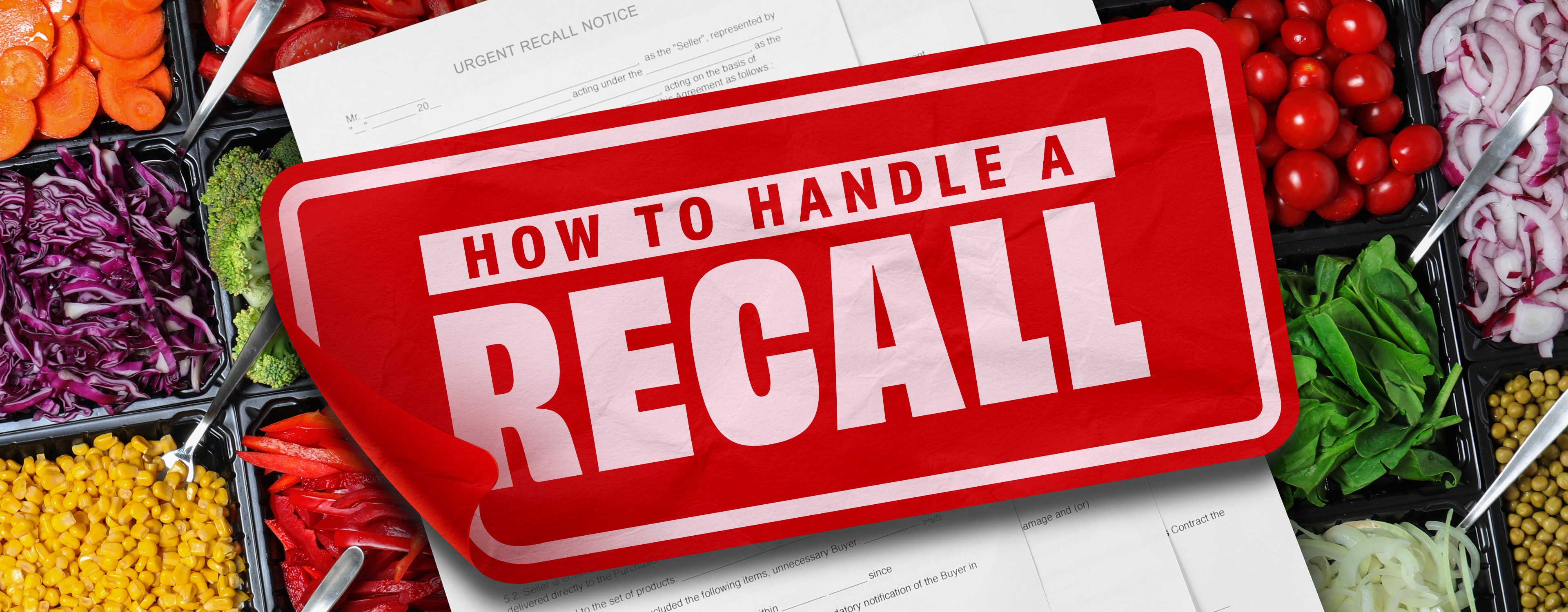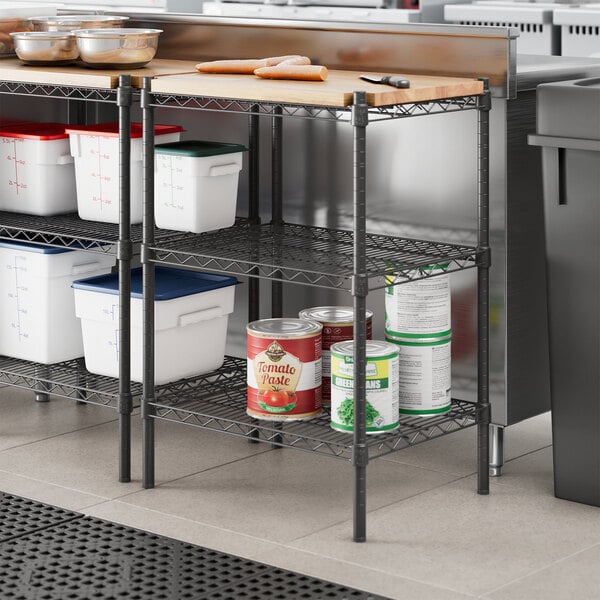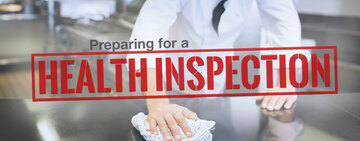
A food recall occurs when a company must remove its products from the market, usually due to food safety concerns or violations of FDA regulations. Typically, food recalls are initiated because the products have been contaminated or mislabeled, posing a risk to consumers. For those who manage a restaurant or work in the foodservice industry, recalled items pose a significant risk. You must follow recall guidelines to guarantee the safety of your staff and customers. Navigating a recall can be a challenging task, especially if you have never experienced one before. Having a structured response process in place can streamline the handling of the situation and minimize potential risks. We'll outline the right way to deal with a recall below.
Who Announces Food Recalls?
In general, recalls are issued by product manufacturers. When they are alerted to a problem with one of their products, they must act swiftly to address the issue, determining the scale of the problem and identifying anyone who may have been affected. Manufacturers will then notify distributors, suppliers, and customers who purchased from them directly.
In some cases, the news of a recall might not reach every necessary party. Businesses in the foodservice industry must stay vigilant and aware of potential recall notices. Being proactive and responsive to recall announcements is key to protecting the health and safety of consumers and maintaining the reputation of your commercial establishment. The FDA, USDA, and other regulatory agencies provide notification systems you can sign up for to stay informed. When in doubt, always check in with local regulators to make sure you are in compliance.
How to Manage a Food Recall
When a recall is issued for foods served or carried in your commercial kitchen, the best plan of attack is a systematic approach. By adhering to a four-step method: check, act, document, and communicate, you can effectively manage the situation and minimize confusion.
1. Check The Products

Some recalls are broad and refer to everything a brand produces, while others may be more specific. They could refer to a particular product line, products made in a specific plant, or products manufactured within a specific date range. Before you take action, make sure you adhere to FIFO and know what is affected and how it affects you.
The only way you'll know whether you are affected is to check the products yourself. Follow these steps to quickly and conveniently identify whether your products fall under the recall:
- Make sure your staff is trained to identify this crucial information on the product's label.
- For the best results when collecting data related to the recalled products, keep ingredients in their original containers. Maintaining the original packaging can assist in accurately identifying the affected items and facilitate the recall process.
- Keep paperwork related to the delivery of the product on hand if possible. This documentation can include invoices, shipping manifests, and any other relevant records that can help trace the product's journey from the supplier to your establishment.
- When in doubt, throw it out. If you can't verify whether a food is affected by a recall or not, the safest course of action is to dispose of it.
2. Act As Directed
In the event you receive a recalled ingredient, swift action is crucial. Get rid of the product immediately to prevent any potential harm to consumers. Most manufacturers should include specific instructions for how to dispose of a recalled item. Some require you to throw it out, while others may require more specific actions related to the food at hand. To fully comply with the recall, many manufacturers will even request photographic evidence or proper documentation that you disposed of the products accordingly.
Additionally, most regulatory agencies mandate that recalled products be segregated to prevent cross-contamination of other food items and reduce the risk that the foods get put back into circulation. Remember, the health and well-being of your customers should always take precedence when managing food recalls.
3. Document Disposal of Affected Products
By keeping detailed records, you can streamline the reimbursement process and protect your business from potential financial risks. As you dispose of the recalled item, take proper documentation, such as photographs or disposal receipts, to demonstrate that the product is no longer in circulation. This documentation can serve as evidence in case of any disputes or inquiries from suppliers or regulatory authorities. You should also keep accurate records of the recall itself. This includes noting when the recall was issued, when you took action to remove the product from circulation, how many units were disposed of, and any lot numbers or identifying information relevant to the recall.
4. Communicate With the Distributor

After taking all necessary actions and completing the required documentation during a food recall, communicate effectively with the relevant parties involved to ensure all stakeholders are informed and the recall process is properly managed. Touch base with your employees to make sure they followed proper instructions, and stay alert in case any customers report they became sick from eating food that might have been associated with the recall.
Do You Get Refunded for a Recall?
In most cases, you will be refunded for recalled products. Since you purchased the product in good faith and are now unable to use it due to the recall, the manufacturer is typically obligated to reimburse you for the cost. However, to be eligible for a refund businesses must follow proper documentation and removal practices outlined by the manufacturer or regulatory agencies. You must contact the manufacturer directly to make sure you get a proper refund, or else you risk losing out on the money you spent.
Back to Top
A food recall is a difficult situation for everyone involved, but they are necessary to ensure consumer safety. Whether you're new to the foodservice industry or have worked in it for years, you must stay up-to-date on proper recall response tactics. By following the tips above, you can reduce the risk of harm in your workplace.





